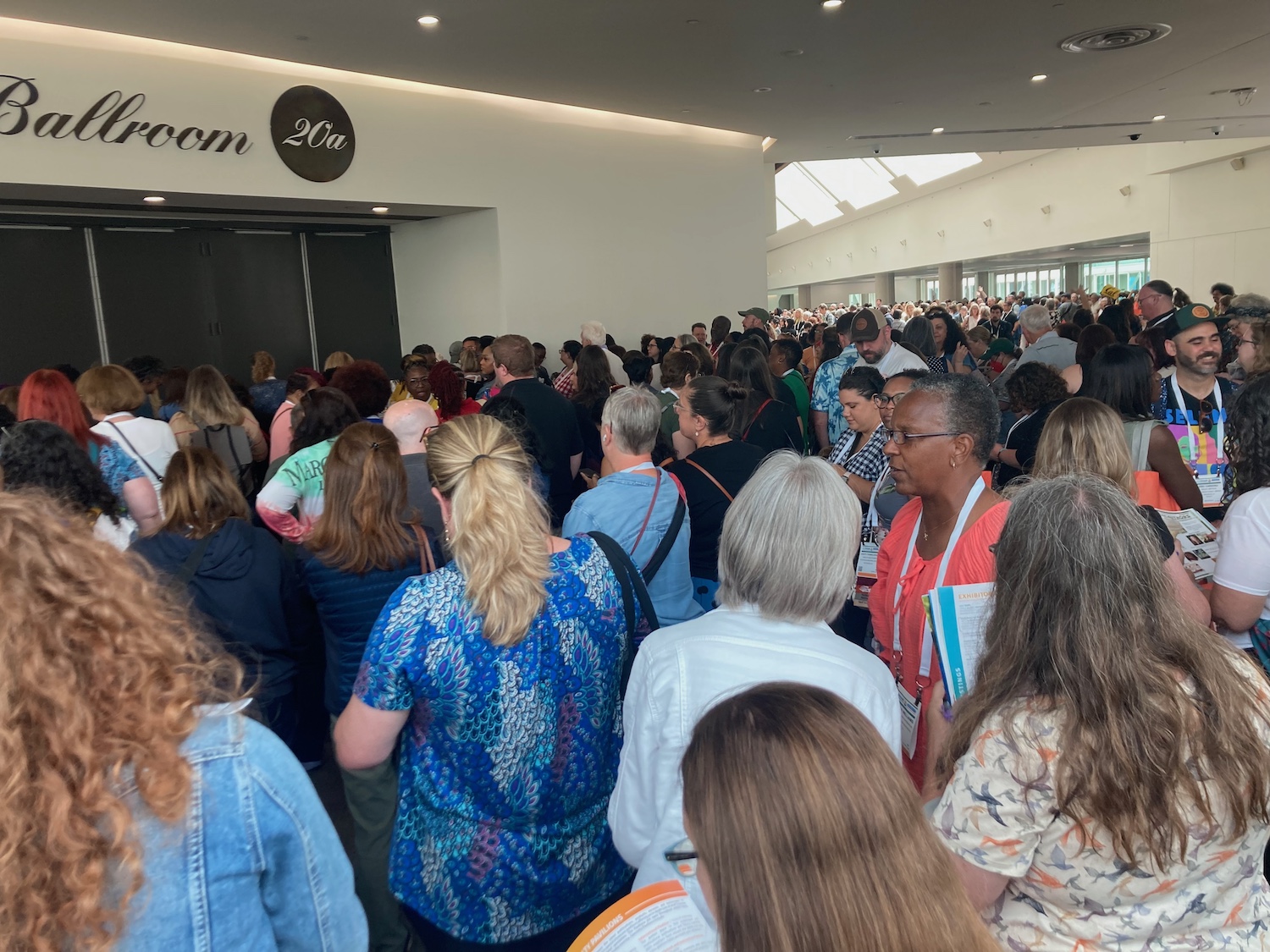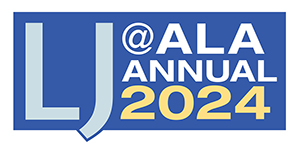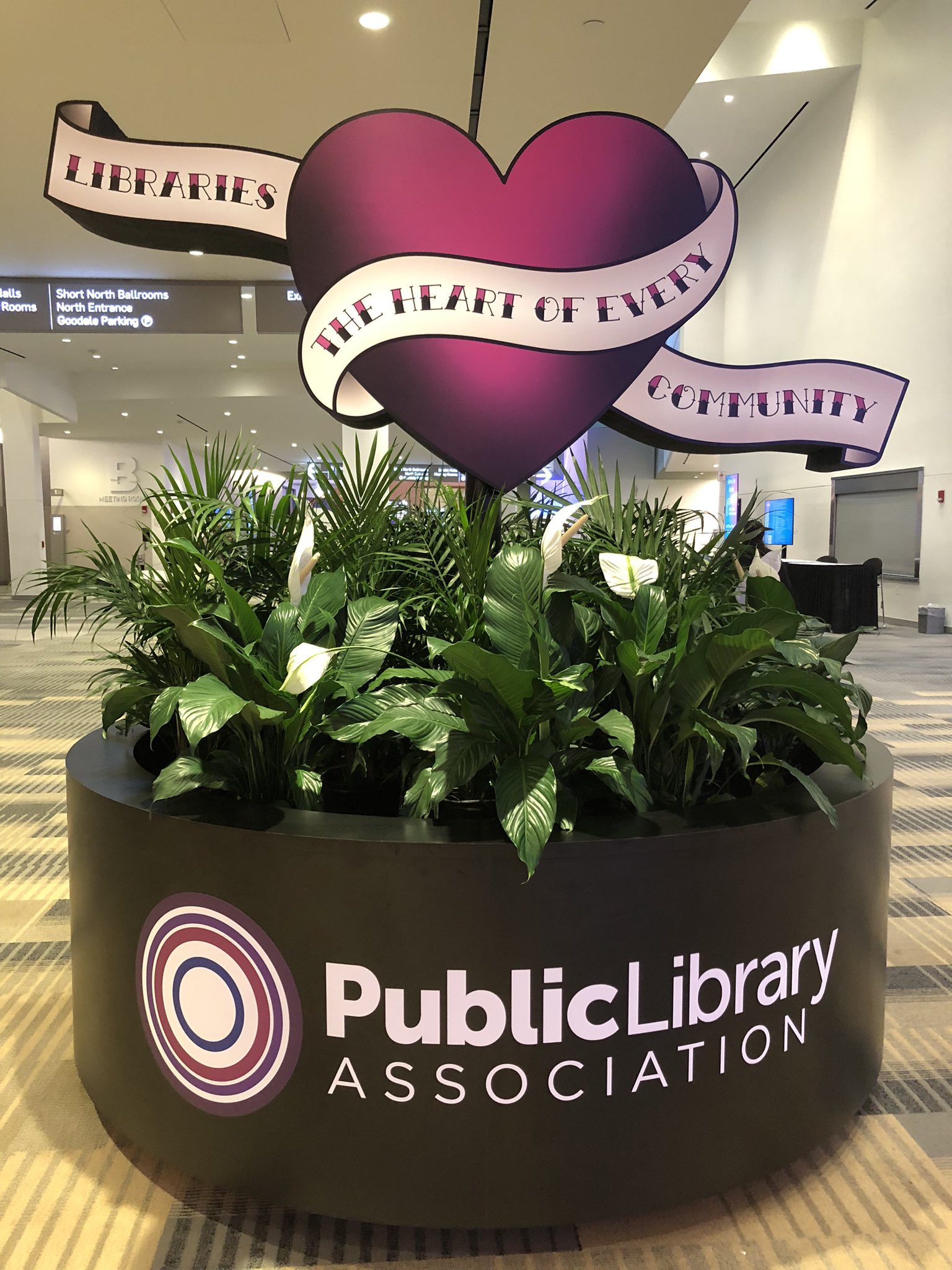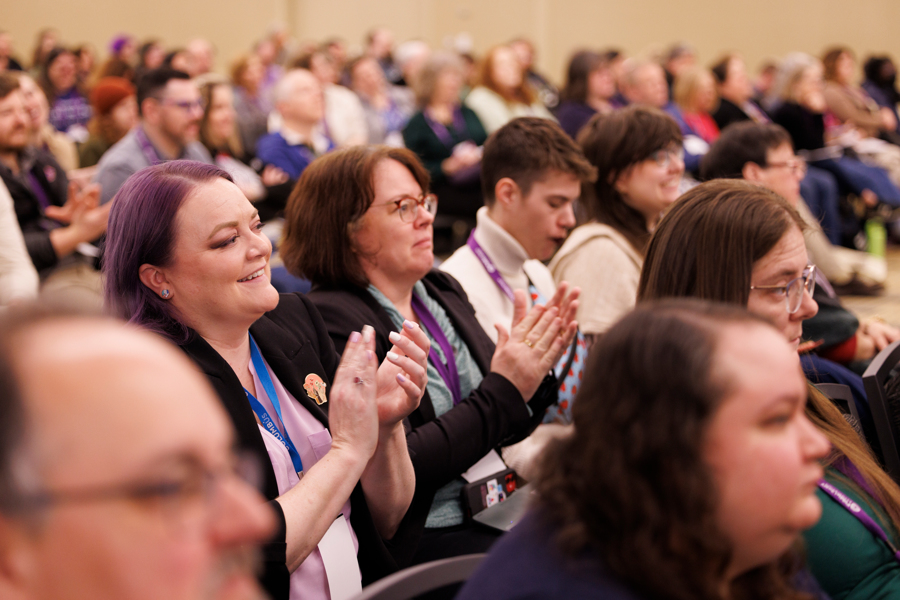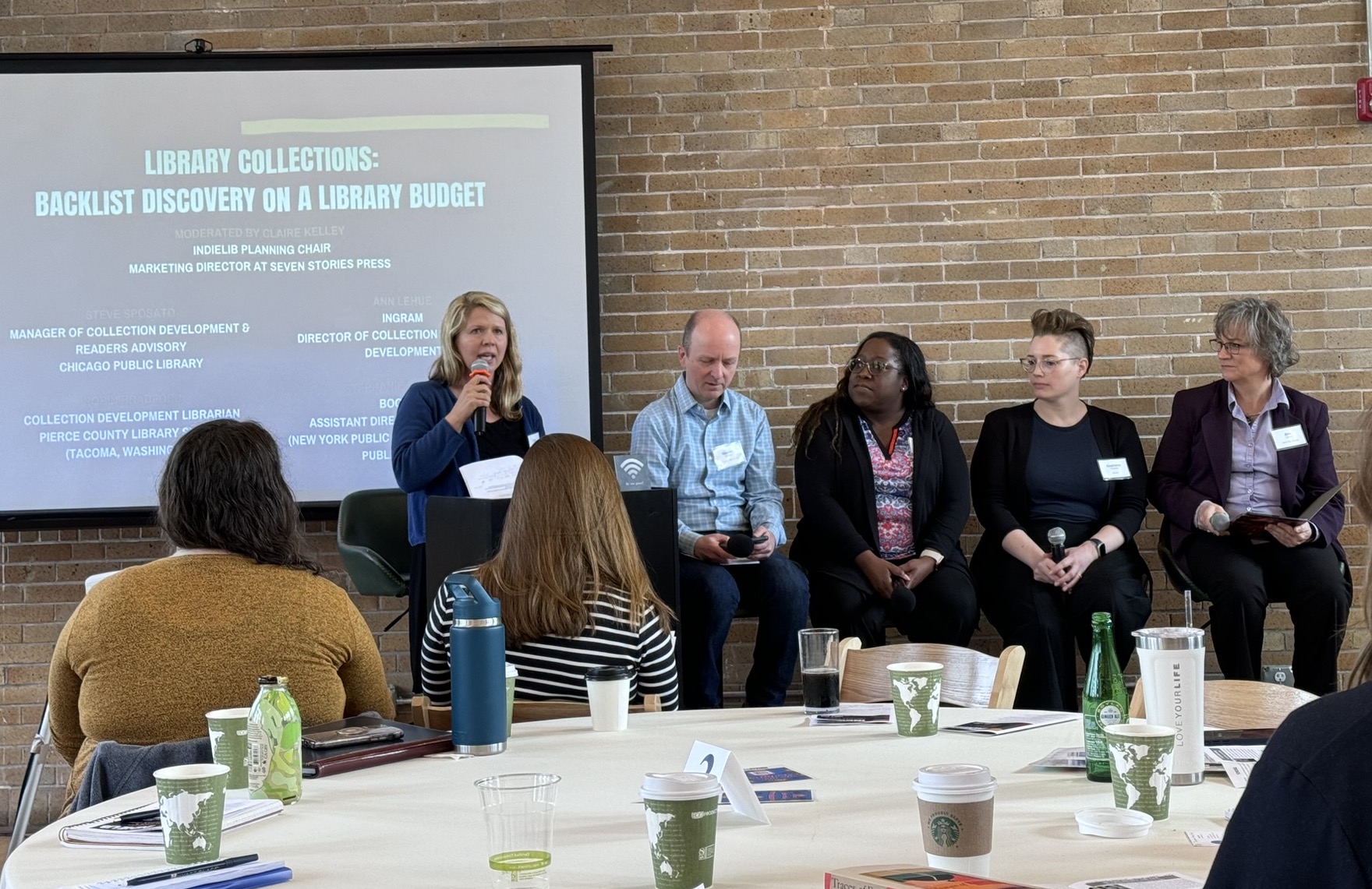News
The American Library Association (ALA) Annual Conference, held June 27–July 2 in San Diego, CA, was big and busy, with more than 8,400 attendees and 5,000 exhibitors, authors, illustrators, members of the press, and staff. And while those numbers didn’t top last year’s Annual in Chicago, which saw more than 15,000 guests, it felt busier—possibly because of the slightly smaller venue, and definitely because of the sense of engagement and enthusiasm throughout. The great weather may have kicked the mood up a few notches as well.
The American Library Association’s 2024 annual conference and exposition included many announcements from library vendors. Here’s a roundup of some of the news from this year’s show floor.
Keynoters and other speakers at American Library Association (ALA) conferences over the years have come to the conference from a wide range of disciplines, but their speeches all incorporate at least a few minutes attesting to the value of libraries in their lives—some landing more powerfully than others. At this year’s ALA Annual, held June 27–July 2 in San Diego, CA, a few speakers went beyond tales of being avid library users as children to tell stories that painted vivid pictures of what libraries, literacy, and unfettered access can mean to a kid who is looking to understand their world a little better.
Anyone who is attending this year’s American Library Association (ALA) Annual Convention in San Diego hoping to hear more about artificial intelligence (AI) and its impact on libraries has not been disappointed. “Breaking Boundaries: Harnessing the Power of Artificial Intelligence and ChatGPT to Transform Library Services,” one of the earliest panels on Saturday morning, was presented to a full house—five conjoined rooms with every seat taken.
This year’s American Library Association Annual Conference will be held June 27 – July 2 in San Diego, CA, where Pacific Ocean breezes and dry air will likely keep daytime temperatures in the low ’70s and nights 10 degrees cooler. Add in the San Diego Convention Center’s bayfront setting and nearby attractions that include Balboa Park, home to the San Diego Zoo and San Diego Museum of Art, and Mission Beach a 15-minute car trip away, and this year’s Annual is one to look forward to.
The U.S. Book Show, presented by Publishers Weekly—this year in collaboration with the Association of American Literary Agents—held its fourth annual event on May 22. The conference, which launched as a virtual symposium in 2021 to replace the defunct BookExpo America, offered a day of industry-centered conversation for publishing professionals, agents, editors, marketers, and authors.
By all accounts the 2024 Public Library Association (PLA) conference, held April 3–5 in Columbus, OH, was a resounding success. The 7,573 participants—including 5,702 attendees, 1,518 exhibitors, and 353 virtual registrants—packed the show floor, programs, and speaker sessions with palpable enthusiasm.
At the 2024 Public Library Association (PLA) conference, held April 3–5 in Columbus, OH, presentations were notably targeted and useful. And, as a number bore out, those concerns overlap in many areas.
Michael Reynolds, editor-in-chief of Europa Editions, saw libraries and publishers as star-crossed lovers that have been kept far apart for as long as possible, finally meeting in one room in Columbus, OH, at IndieLib, a conference hosted by the Independent Publishers Caucus and the Digital Public Library of America on April 2.
ALREADY A SUBSCRIBER? LOG IN
We are currently offering this content for free. Sign up now to activate your personal profile, where you can save articles for future viewing
